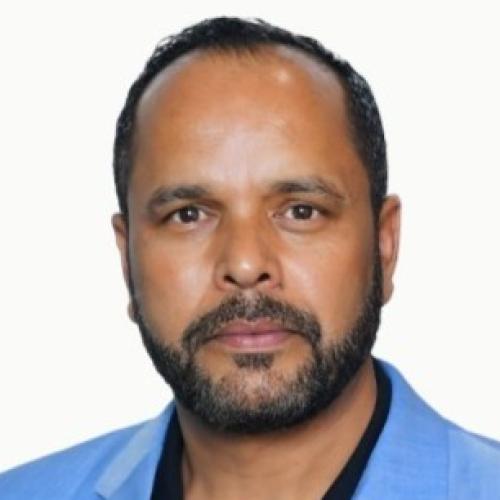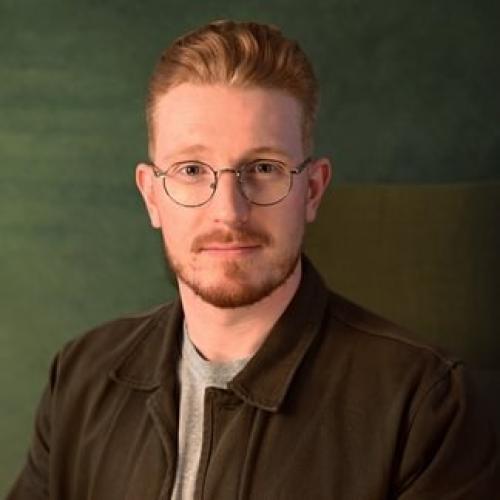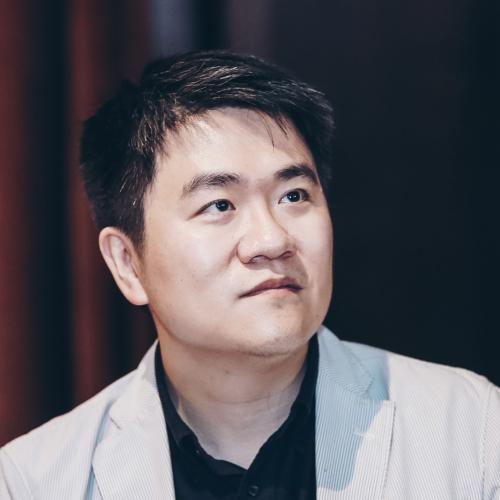- Learn about novel methods to generate large, bespoke high-resolution datasets in a matter of weeks instead of months.
- Explore how high-throughput, high-resolution interaction kinetics can fine tune AI models resulting in more efficient workflows and improved therapeutic characteristics
- Discover how kinetic datasets generated under multiple pH conditions can support the development of pH dependent binders for cancer therapies using AI.

Bharath Takulapalli, PhD
Bharath is inventor of multiple foundational life science technologies at the interface of nanotechnology, systems biology and ML/AI, to extract 100x more information from systems biology than currently possible. He conceived Sensor-integrated Proteome On Chip (SPOC) technology to bridge a big gap in proteomics space, to democratize high-throughput functional protein screening. SPOC is the first and only technology that enables production of 1000s of full-length folded proteins on 1.5 sq-cm biosensor chips, to simultaneously screen for qualitative, quantitative, and kinetic information on protein bindings/interactions in a single assay, at once. Bharath is also the inventor of FENT solid-state nanopore technology for 1000x faster DNA sequencing at 1/10th cost, being developed by iNanoBio Inc. He raised $18M private capital and secured about $8M from DARPA, NIH. Bharath’s vision is to achieve 90% disease preemption, which is to detect and intervene in pre-disease phases, to cure before full disease onset.
SPOC Proteomics
Website: https://spoc.bio/
SPOC Biosciences’ sensor-integrated proteome on chip (SPOC) synthesizes 192-1152 proteins (full-length, peptides, miniproteins) or antibody (VHH, scFv, Fab) drugs directly on biosensor chips (SPR, MALDI) for library-scale kinetic affinity screening supporting AI-enabled and traditional antibody discovery pipelines. SPOC KinetiKx datasets include on-rate (ka), off-rate (kd), affinity (KD), and residence time (t1/2). SPOC’s proprietary Protein NanoFactory production system utilizes cell-free expression with simultaneous capture-purification directly onto SPR chips, reducing time and cost for library-scale dataset generation compared to traditional recombinant protein workflows. SPOC HyperKinetiKx SPR Product Suite supports antibody drug discovery efforts for affinity ranking (AffiRank), affinity maturation (AffiBoost), epitope binning (EpiScope), epitope mapping (AminoMap) and polyreactivity screening (ReactiScan). SPOC HyperSynaptiKx SPR Product Suite is specifically designed to produce on-demand, large-scale, high-resolution datasets for validation and training in AI-driven drug discovery and development. HyperSynaptiKx SPR assays include lab-in-the-loop services for wet lab testing in DBTL cycles (BuildLoopIQ) and customer-defined antibody vs target library-on-library screening (ContactIQ).


















